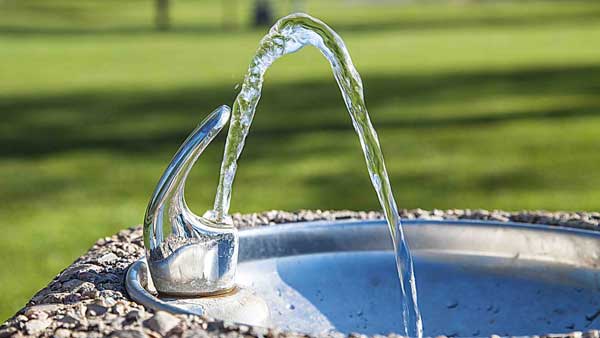You’ve said it before, and you’ll say it again because we are all guilty of taking the precious resource for granted. Water. We use it every day for multiple things and in multiple ways, often forgetting that the treatment of and the special use of this commodity is important and often overlooked, especially for those that use septic systems.
If you have a septic system in your house, you are likely more attuned to the ways you and your family use and consume water. A septic system requires extra special care in the water department to ensure the system’s function and efficiency.
Did you know that the average indoor water use in a typical single-family home is nearly 70 gallons per individual, per day? One leaky faucet or running toilet can waste as much as 200 gallons of water per day. (www.epa.gov) These shocking statistics will also shock your septic system! All of the water a household sends down its pipes winds up in its septic system, no exceptions. The more water a household consumes, the greater the chances for system failure.
According to the Environmental Protection Agency, here are 3 important factors to consider when auditing your household’s water usage:
High-efficiency toilets.
Toilet use accounts for 25 to 30 percent of household water use. Many older homes have toilets with 3.5- to 5-gallon reservoirs, while newer, high-efficiency toilets use 1.6 gallons of water or less per flush. Replacing existing toilets with high-efficiency models is an easy way to reduce the amount of household water entering your septic system.
Faucet aerators and high-efficiency showerheads.
Faucet aerators, high-efficiency showerheads, and shower flow restrictors help reduce water use and the volume of water entering your septic system.
Washing machines.
Washing small loads of laundry on your washing machine’s large-load cycle wastes water and energy. By selecting the proper load size, you will reduce water waste. If you are unable to select a load size, run only full loads of laundry.
Try to spread washing machine use throughout the week. Doing all household laundry in one day might seem like a time-saver; but it can harm your septic system, not allow your septic tank enough time to treat waste, and could flood your drainfield.
Clothes washers that bear the Energy Star label use 35 percent less energy and 50 percent less water than standard models. Other Energy Star appliances provide significant energy and water savings.
If you believe you might need septic service on your system, www.got-a-go.com / Got-A-Go Septic Services and Portable Toilets, is your best solution. With trained service professionals who will meet you on-site to answer any questions and to ensure that your system is running efficiently and safely, Got-A-Go is Northern Kentucky’s solution for septic pumping and service.

